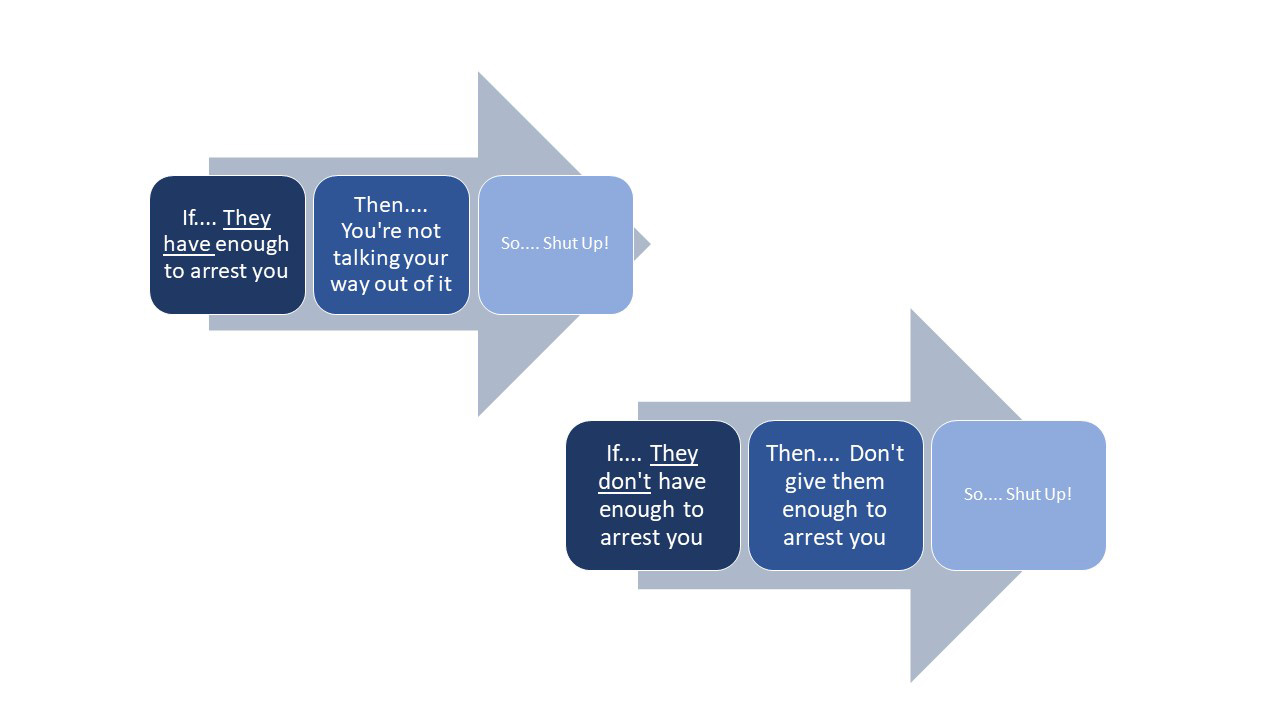Police Encounters
Attorney Vincent RiveraIf you have a police encounter, it's important to remember three things.
1. When you ask for an attorney, all questioning must stop.
If you ask for an attorney, and then you keep talking, it basically erases your request for an attorney.
2. Remember, you have the right to refuse a search.
- You don't have to agree to a search of your home.
- You don't have to agree to a search of your car.
- You don't have to agree to a search of your person.
3. Another thing to remember in a police encounter: if you're nervous, if you don't like where it's going, just ask the officer, "Am I free to leave?"
If you're not free to leave, they will tell you. But if police tell you anything besides yes or no, you need to repeat the question, "Am I free to leave?"
The significance of saying no to a search, or asking whether or not you're free to leave, is whether or not your waiving your rights, and protections under the law.
"The law and the Constitution say that you cannot be detained unless there's evidence that you committed a crime."
If you ask them if you're free to leave and they say no, they're going to have to prove to a judge that they had facts or reasonable suspicion to keep you detained.
If you say no to a search now they're going to have to explain to a judge why they searched you anyway.
Why Do They Ask for Your Permission?
- When you consent, you give up your rights.
- When you consent, they don't need evidence.
- When you consent, they no longer have to prove that the officer had reasonable suspicion.
If the officer tells you that you're free to leave, and you stay and talk to them, they don’t need to prove that the officer had reasonable suspicion to keep you detained.
If you stay and consent to a search, the officer no longer has to prove to the judge that they had reasonable suspicion to conduct the search.

